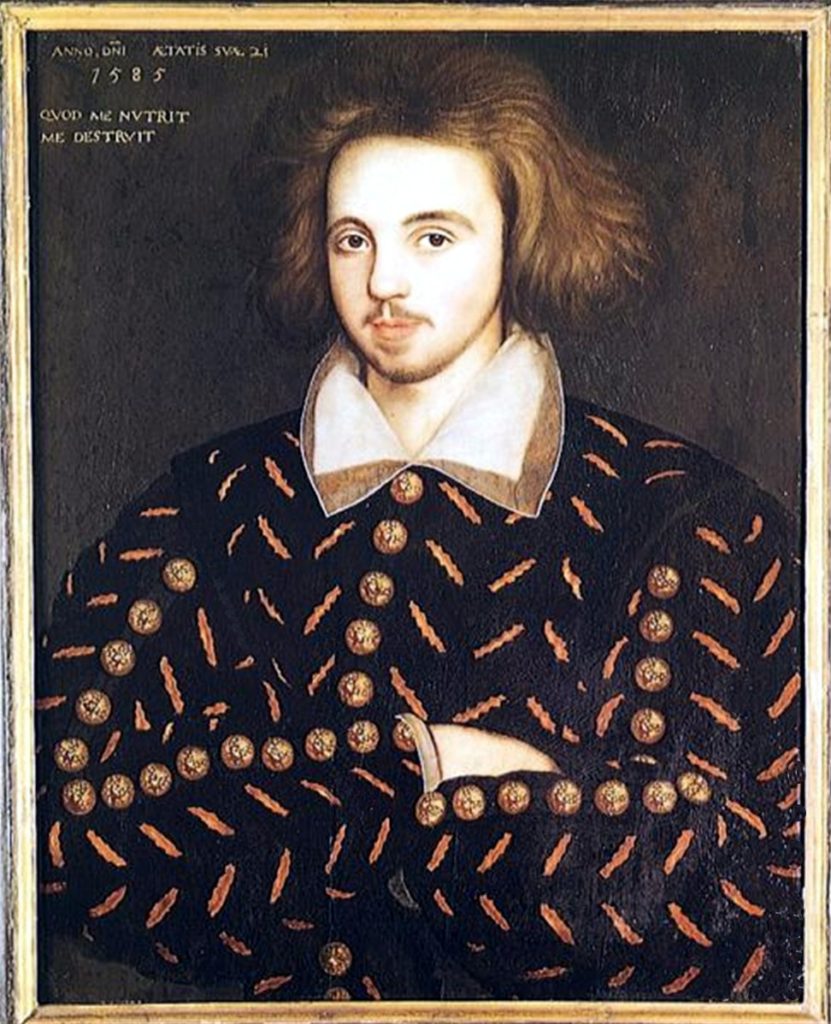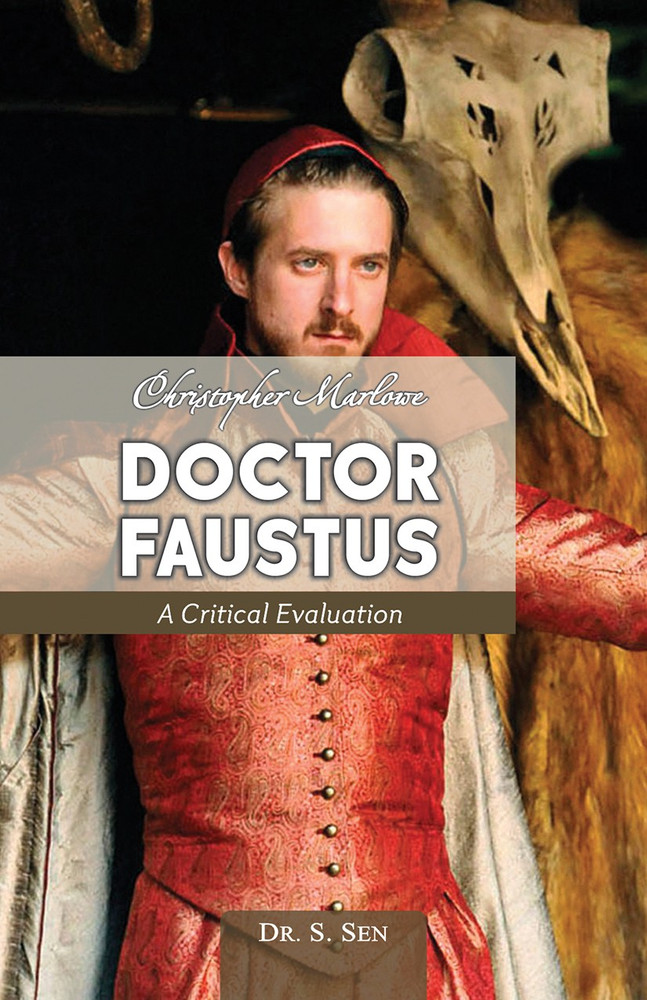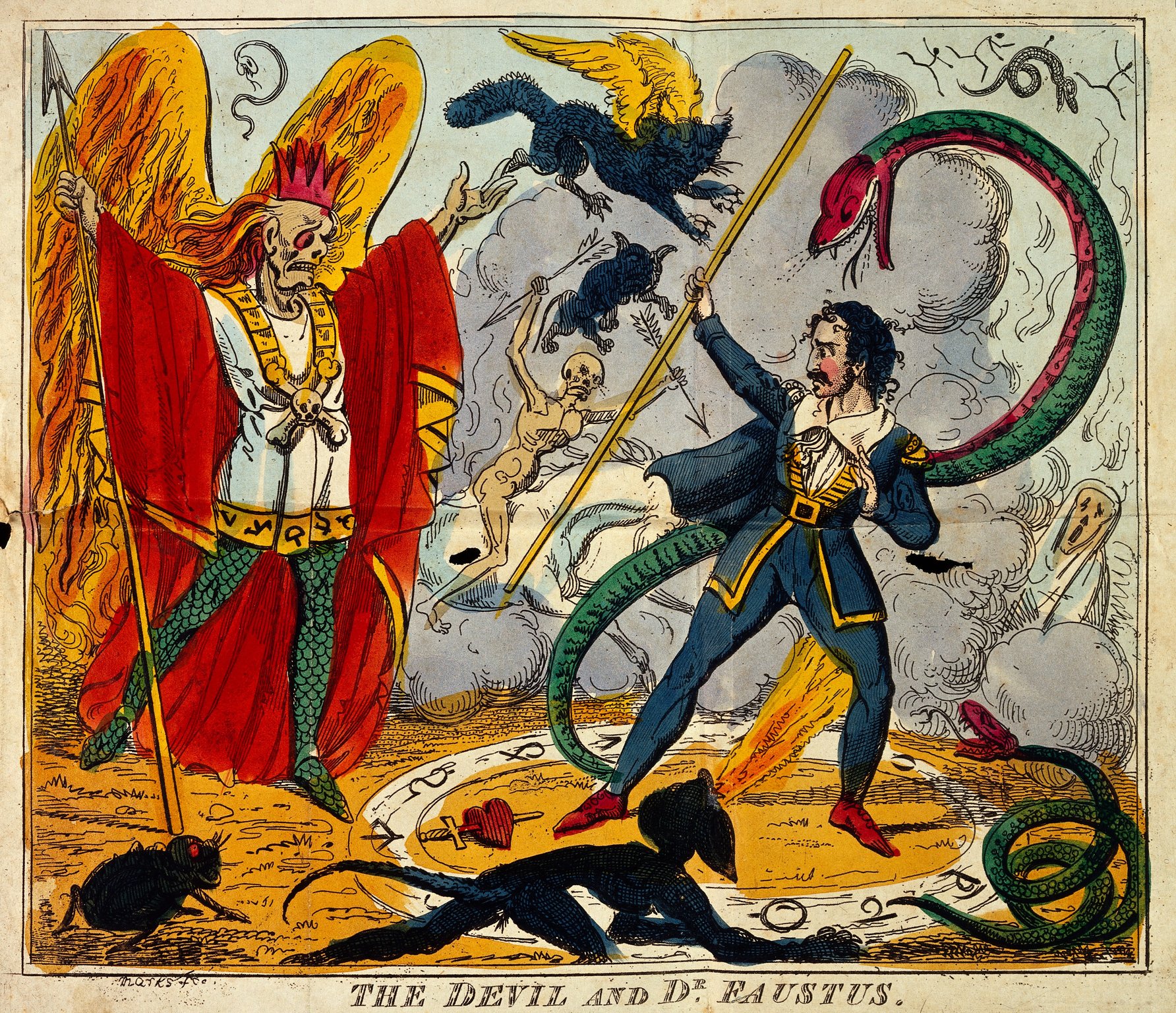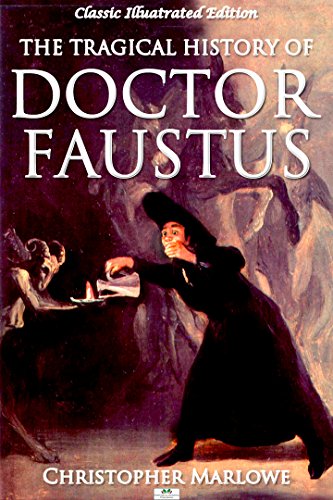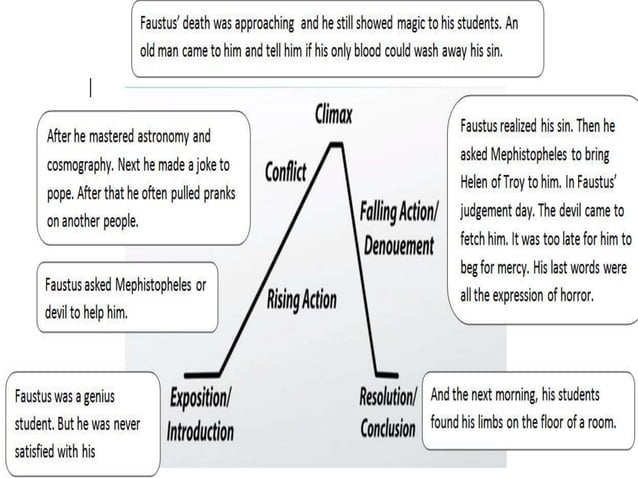Character Sketch Of Dr Faustus By Christopher Marlowe

The enigmatic Dr. Faustus, Christopher Marlowe's tragic protagonist, continues to captivate and confound readers centuries after his creation. A brilliant scholar damned by insatiable ambition, Faustus embodies the perilous allure of forbidden knowledge and the devastating consequences of unchecked desire.
This article dissects the complex character of Faustus, exploring his motivations, flaws, and ultimate downfall, providing a concise character sketch for a modern audience grappling with similar themes of ambition and morality.
A Scholar's Unquenchable Thirst
Faustus, introduced as a distinguished doctor of divinity, quickly dismisses the traditional fields of study: logic, medicine, law, and even theology. He declares them insufficient to satisfy his intellectual hunger.
"Philosophy is odious and obscure; / Both law and physic are for petty wits; / Divinity is basest of the three."
Driven by a desire for power and limitless knowledge, Faustus abandons these disciplines in favor of magic. This pivotal decision sets him on a path of no return.
The Allure of Forbidden Knowledge
Faustus's attraction to magic stems from its promise of dominion over nature and the ability to transcend human limitations. He yearns to be a "mighty lord," commanding spirits and manipulating the world to his will. He craves the impossible.
The temptation of magic, personified by the demons Mephistopheles and Lucifer, proves too strong for Faustus to resist. They offer him 24 years of service in exchange for his soul.
Faustus's Fatal Flaws
Despite his initial bravado, Faustus is plagued by inner turmoil and doubt. He experiences moments of regret and contemplates repentance, only to be swayed back to his pact with the devil by Mephistopheles's cunning arguments and the allure of continued power.
This internal conflict highlights Faustus's core flaw: a profound lack of faith and a willingness to prioritize worldly pleasures over spiritual salvation. He is also portrayed as someone motivated by instant gratification.
Pride and Vanity
Faustus's pride blinds him to the true consequences of his actions. He is easily flattered and enjoys using his powers for trivial purposes, such as playing pranks and performing parlor tricks.
This vanity prevents him from recognizing the gravity of his situation and seeking genuine redemption. He becomes a tragic figure who wastes his borrowed time on fleeting pleasures.
The Inevitable Downfall
As the 24 years dwindle, Faustus becomes increasingly desperate and fearful. The reality of his impending damnation weighs heavily upon him. He is haunted by visions of hell and tormented by his own conscience.
Despite his attempts to bargain with God or escape his fate, Faustus ultimately meets a gruesome end. The demons drag his soul to hell, fulfilling their pact and sealing his eternal damnation. His story is a cautionary tale.
A Warning for All Time
Dr. Faustus remains a powerful and relevant work because it explores universal themes of ambition, temptation, and the consequences of choices. Faustus's story is a reminder of the importance of humility, faith, and the pursuit of knowledge tempered by wisdom.
Ongoing scholarly discussions continue to analyze Faustus's motivations and the play's complex theological and philosophical implications, ensuring its enduring relevance for generations to come.


